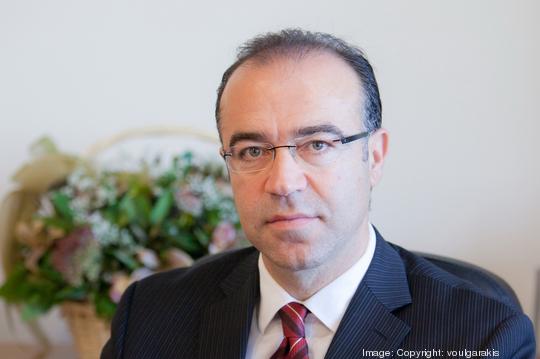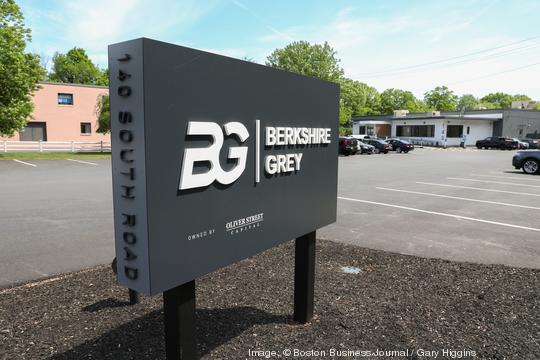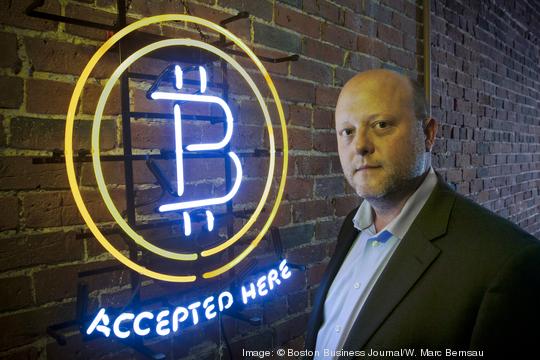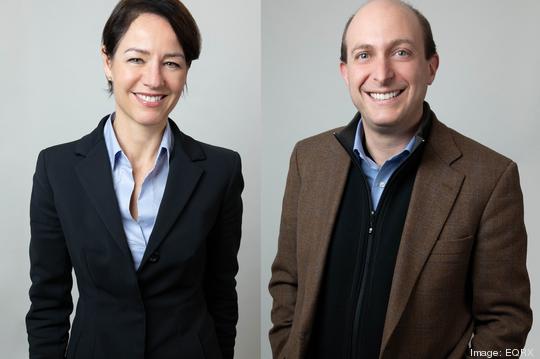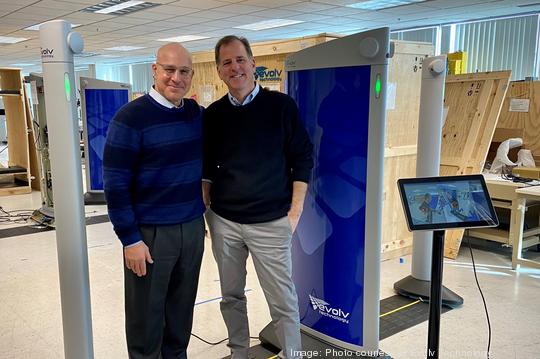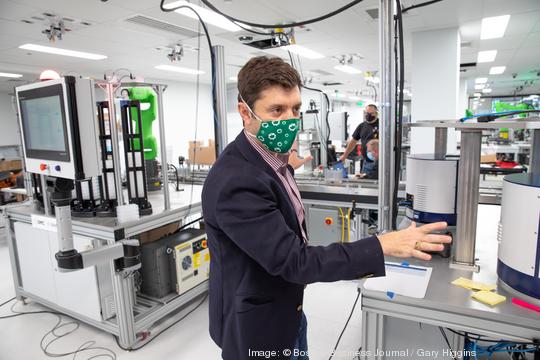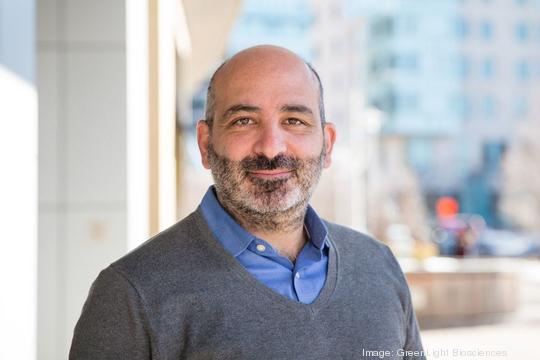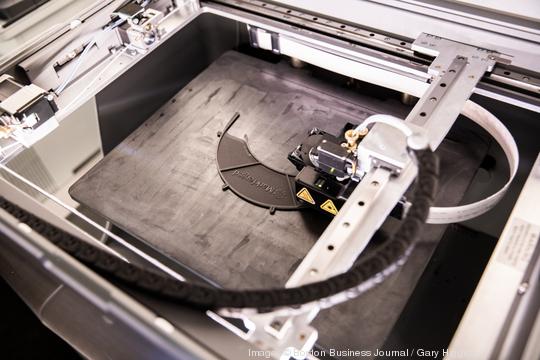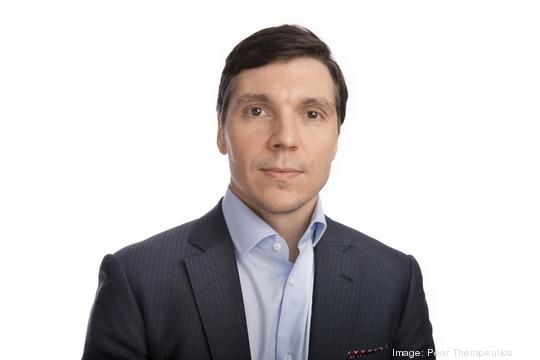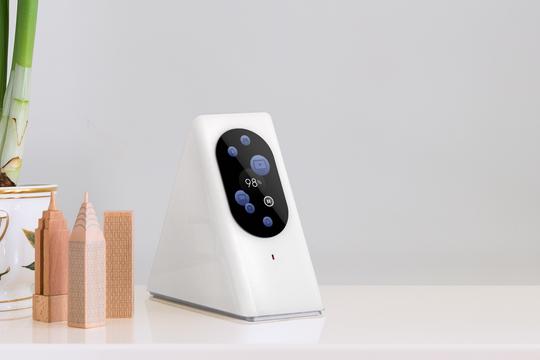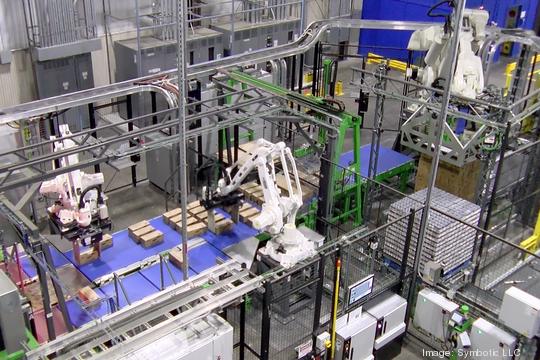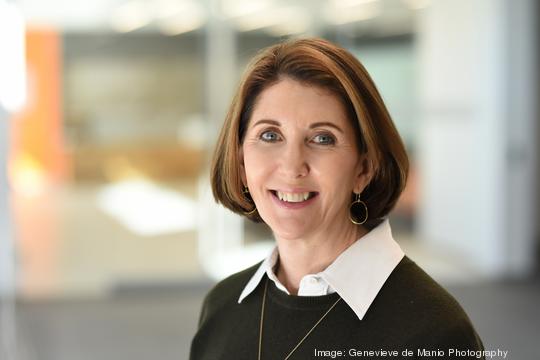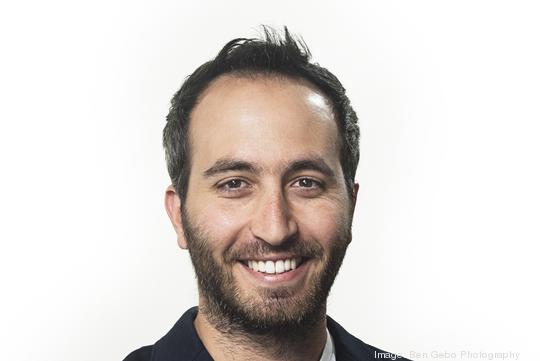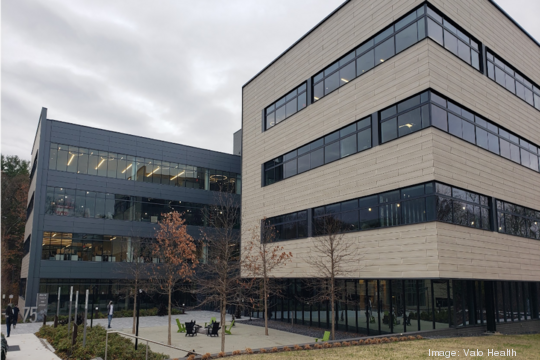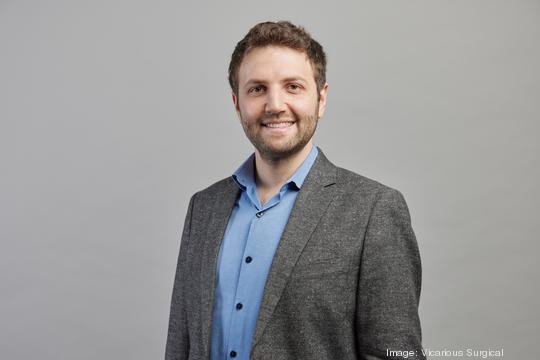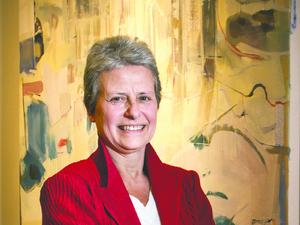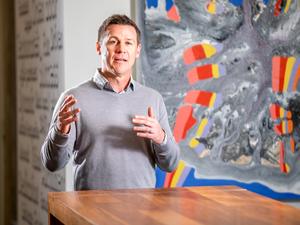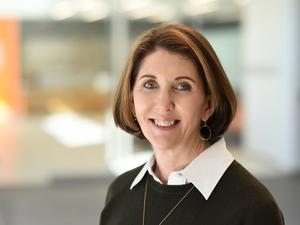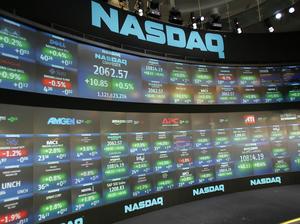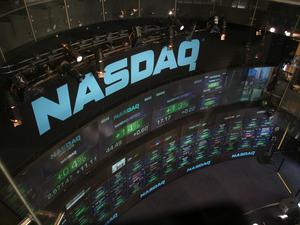B.J. Spence, a Boston-based partner at Deloitte, is sure about one thing: With Boston being a national hub for innovation, Massachusetts tech startups haven't cast aside the option to go public by merging with special purpose acquisition companies, or SPACs.
"Nationally, probably about 25% of the SPACs this year have been in the tech industry, and Boston has always been one of the leaders in this area," he said. "We'll continue to see SPACs targeted at high growth, interesting technology companies."
Over 400 SPACs are searching for mergers as part of broader pool of over 570 active SPACs, according to market research firm SPAC Alpha. The company analyzed top SPAC mergers across the globe during the month of August.
"A lot of these SPACS are formed nationally, and they look for companies nationally," Spence said. "Boston is in a really unique position, just with all the technology."
See the slideshow above for startups that went public through SPACs in 2021
In Massachusetts, tech companies have chosen to go public the SPAC way in recent months. At least four tech companies have started trading in 2021 following the closing of their SPAC deals: Boston-based Advent Technologies Inc. (Nasdaq: ADN), Watertown-based Markforged Holding Corp. (NYSE: MKFG), Waltham-based Evolv Technologies Holdings Inc. (Nasdaq: EVLV) and Bedford-based Berkshire Grey Inc. (Nasdaq: BGRY).
Another one — Boston-based Circle Internet Financial Ltd. — is expected to complete its reverse merger with the SPAC of its choice, Concord Acquisition Corp. (NYSE: CND), in the fourth quarter.
In Massachusetts, the tech SPAC trend was anticipated by DraftKings Inc. (Nasdaq: DKNG), the online sports betting operator that in late 2019 announced plans to hit Wall Street through a merger with blank-check company Diamond Eagle Acquisition Corp.
Deals with SPACs tend to grant a quicker path to the public markets and more certainty about the capital raise than traditional IPOs.
"Our decision was all about securing a sizable amount of growth capital in the most efficient manner possible," Tom Wagner, CEO of Berkshire Grey, one of the tech companies that went public this year via SPAC, said in an interview earlier this year.
Yet traditional IPOs continue to happen. This year, Boston-based Flywire Corp. (Nasdaq: FLYW) banked just over $250 million in gross proceeds after a May IPO on the Nasdaq Global Select Market that was reportedly in the making since January. And Toast Inc. filed its IPO paperwork in August, later revealing plans to raise up to $717 million.
Spence, who co-leads the firm’s Accounting & Reporting Advisory practice in New England, noted that he's seen companies hoping to go public via SPAC that pivoted to an IPO, and vice versa.
"The IPO process is certainly a little bit longer, [but] I would not say that a SPAC is easier," he said. "You're subject to the same SEC rules and regulations ... If you feel really confident in the company's ability to operate as a public company, the SPAC can be more attractive. If you think you need a little bit more time, then sometimes the IPO, which has a little bit longer tail, is one of the reasons companies choose that."
